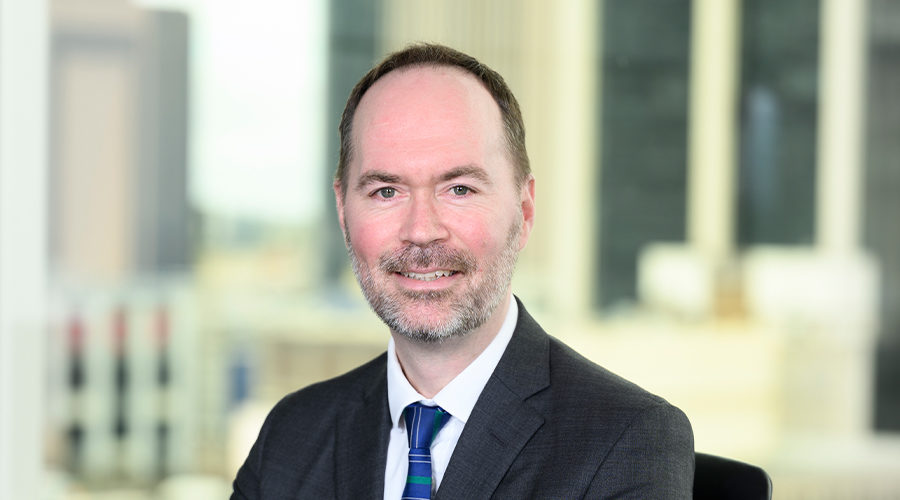26 May 2022
Reconciliation in Australia: what it involves and how we can help
By Ella Bilton-Gough
National Sorry Day or the National Day of Healing was first held on 26 May 1998, one year after the Bringing Them Home Report was tabled in Parliament. The Report is a tribute to the strength and struggles of thousands of First Nations survivors, and revealed the shameful government policies of removing First Nations children from their families.
Every year on 26 May, the country remembers and acknowledges the mistreatment of First Nations people who were forcibly removed from their families and communities. This important day also serves as a precursor to National Reconciliation Week, running between 27 May and 3 June, where Australians are not only asked to learn about First Nations history, stories, culture and achievements, but also to explore how each of us can contribute to achieving reconciliation in Australia.
Today is a good reminder for those of us who have chosen to join the legal profession, about our unique position to support and advocate as voices for change. As early-career lawyers and developing leaders, we have a responsibility to foster reconciliation and set the standard for future cohorts entering the profession.
All lawyers should educate themselves on intercultural competence, so we are ready to inform, support and respond to changes in laws and the legal system in an age of reconciliation. Saying sorry and attempting to correct the past can not only provide the acknowledgement and dignity First Nations peoples deserve but prepare lawyers to interact with clients in culturally appropriate ways, aim to break down barriers and change the way we practice law to protect all Australians.
Lawyers have the unique opportunity to change the narrative this National Reconciliation Week by advocating for the Uluru Statement from the Heart. The Uluru Statement from the Heart was gifted to the Australian people on 26 May 2017 and proposes three structural reforms to address the challenges faced by First Nations people: a Voice, treaty and truth. Approximately 1,200 Indigenous people from urban, regional and remote communities attended two-day dialogues at the First Nations Constitutional Convention ultimately agreeing on the Uluru Statement from the Heart.
We at Hall & Wilcox believe Constitutional enshrinement of a First Nations Voice is essential for lasting and impactful change. Constitutional recognition is essential because Australia has seen centuries of failed policies directed towards First Nations people; policies created by Government without input from the First Nations communities that are directly affected by them.
Only Constitutional enshrinement will ensure the protection of First Nations' rights including the right of self-determination. Prime Minister Anthony Albanese's opening remarks in his election acceptance speech, which set out a full commitment to implementing the Uluru Statement from the Heart, has given us hope this may soon become a reality. Once Constitutional recognition is provided, the hope is that it will contribute to a society of inclusivity, holistic education and broader understanding.
The theme of 2022's National Reconciliation Week is ‘Be Brave, Make Change’, and that is exactly what we plan to do as early-career lawyers at Hall & Wilcox.
There are a multitude of ways we can get involved and support our First Nations' call for the establishment of a Voice in the Constitution. The first is by engaging with our families, friends and colleagues in conversation about the need for a First Nations Voice. In these conversations we should describe the need for a Voice, how the Voice will address that need and why the establishment of that Voice is important to us and others. We can also support the movement by engaging in knowledge training sessions, sign the virtual canvas of the Uluru Statement and write to Members of Parliament, explaining our conviction that adopting the Uluru Statement from the Heart is an essential step, and advocating for swift and decisive action from the Government on this issue.
Contact
Nathan Kennedy
Partner, Head of Pro Bono & Community and ESG Co-Lead
Nathan is the firm's Head of Pro Bono & Community. His practice covers employment, administrative law and human rights.



